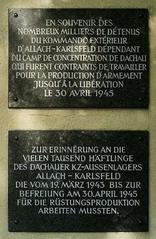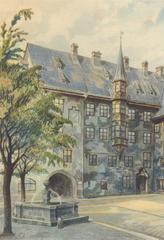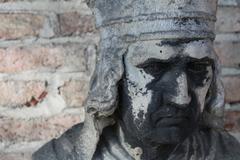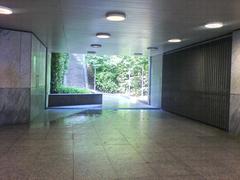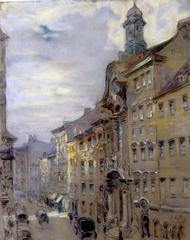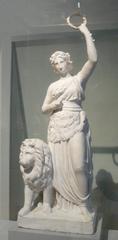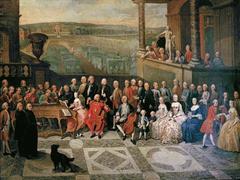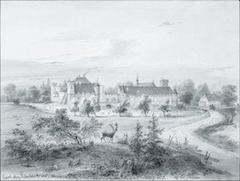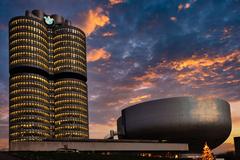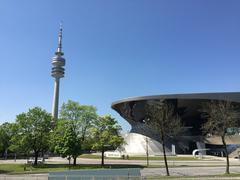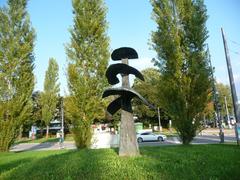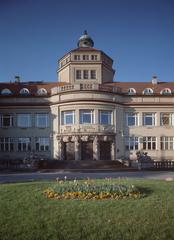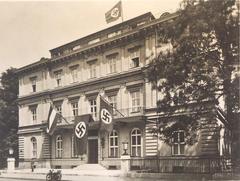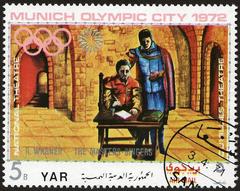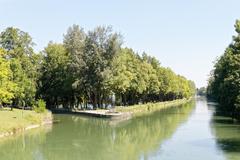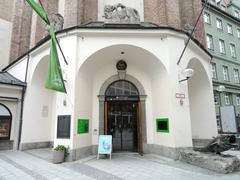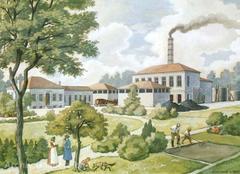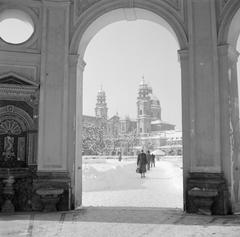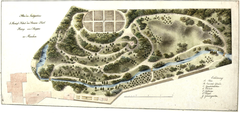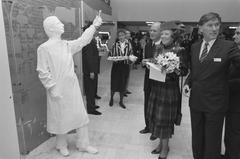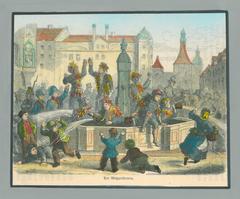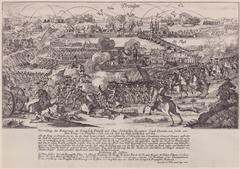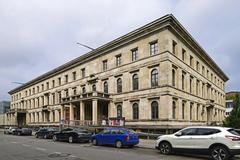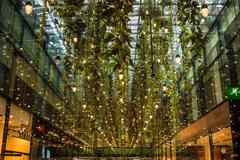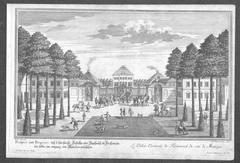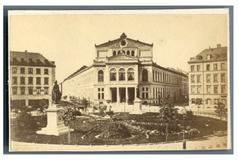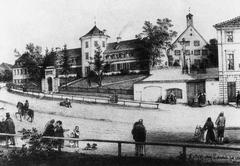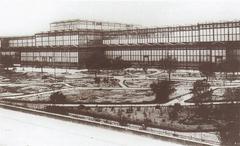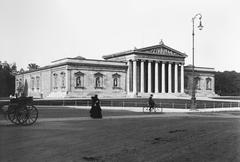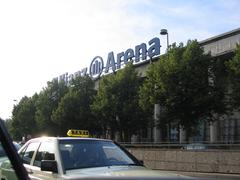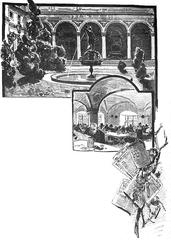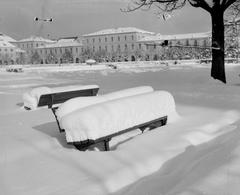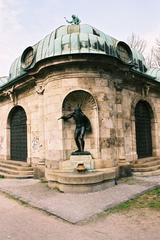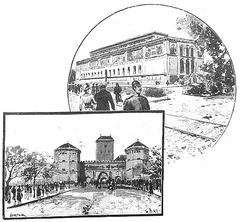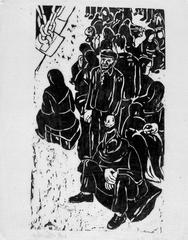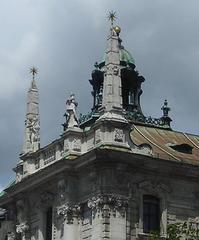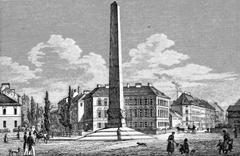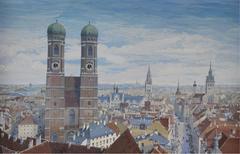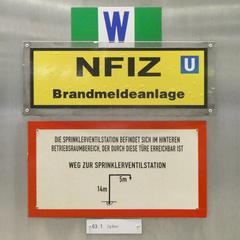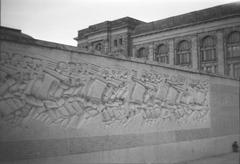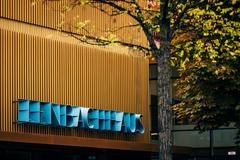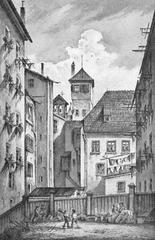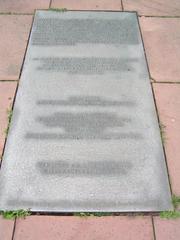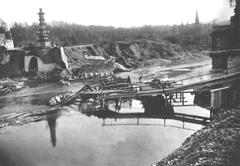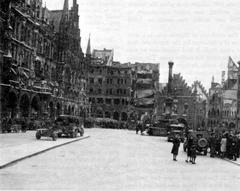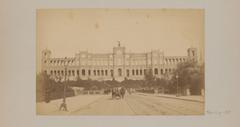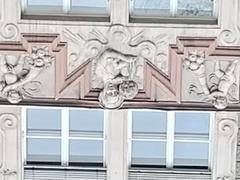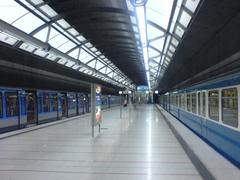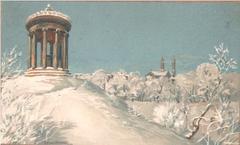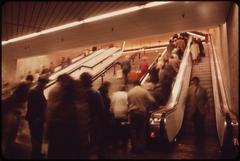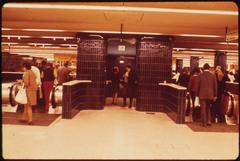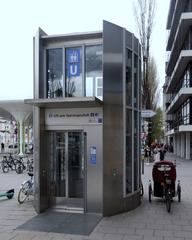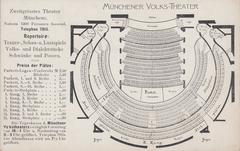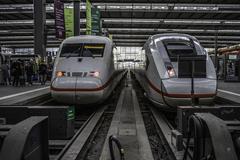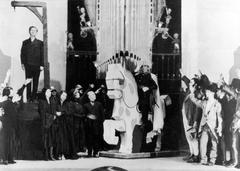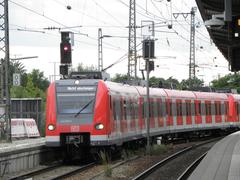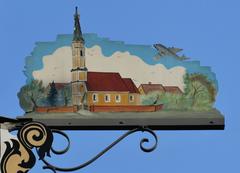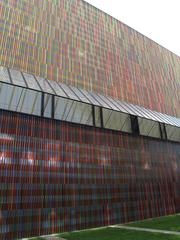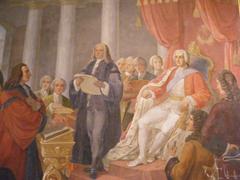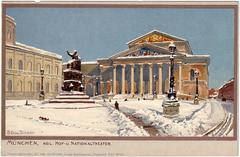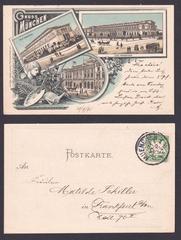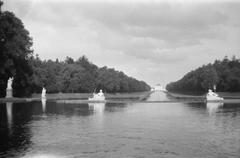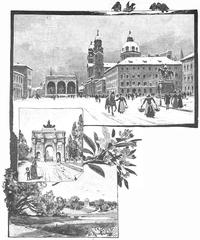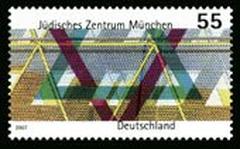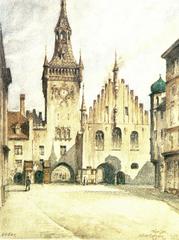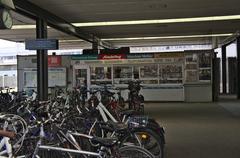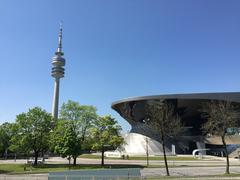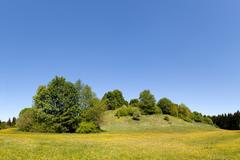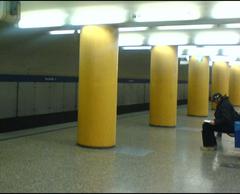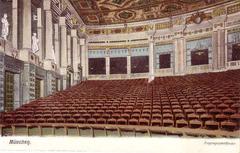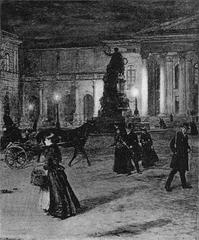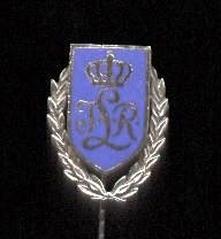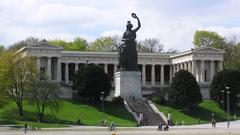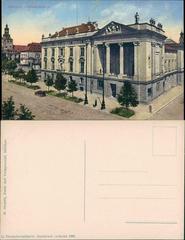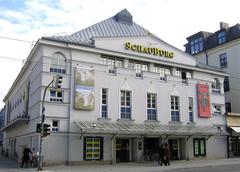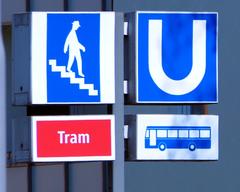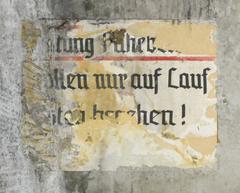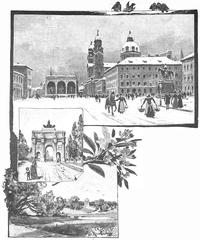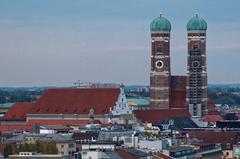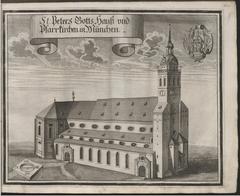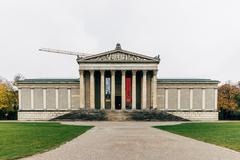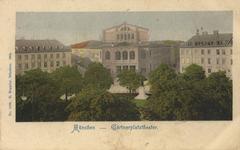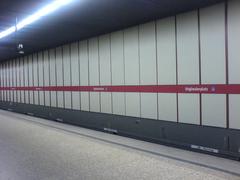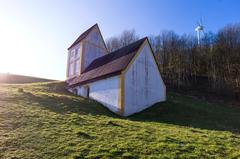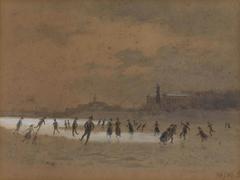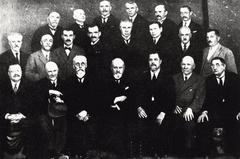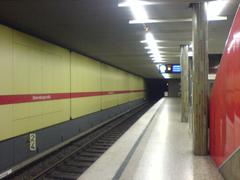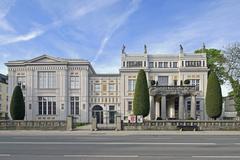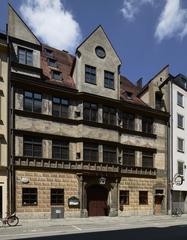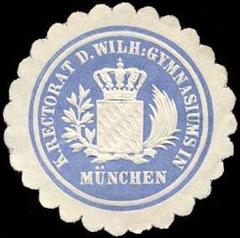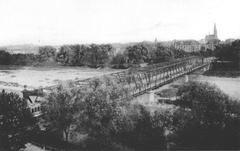
Deutsches Theater Munich: Visiting Hours, Tickets, and Essential Visitor Information
Date: 03/07/2025
Introduction
The Deutsches Theater München is a cornerstone of Munich’s cultural landscape. Since its opening in 1896, this historic venue—located at Schwanthalerstraße 13 near the city’s main railway station and bustling Karlsplatz (Stachus)—has captivated audiences with its impressive Neo-Baroque architecture, the exquisitely preserved Silbersaal (Silver Hall), and a reputation for world-class guest performances. As Germany’s largest guest performance theater, it blends 19th-century grandeur with state-of-the-art technical sophistication, offering a diverse program of internationally acclaimed musicals, classical operettas, contemporary dance, cabaret, and family-friendly productions (deutsches-theater.de; in-muenchen.de; munich.travel).
Beyond performances, the theater plays a vibrant role in Munich’s social life, hosting renowned events such as the Silvesterball and Fasching celebrations, which transform the venue into one of the city’s grandest ballrooms. Its central location also offers easy access to iconic sites such as the Bavaria Statue, Theresienwiese (Oktoberfest grounds), and Viktualienmarkt, making it a must-visit for both cultural tourists and locals (deutsches-theater.de; discovergermany.com).
This comprehensive guide provides detailed information on Deutsches Theater München’s visiting hours, ticketing options, accessibility, programming highlights, and practical tips to ensure you make the most of your visit.
Historical Overview
Origins and Early Years (1896–1918)
Opened in 1896, the Deutsches Theater München was designed to be a center for popular entertainment, hosting operettas, variety shows, and revues. Its dual-stage layout allowed for simultaneous performances and established its reputation as one of the city’s most versatile venues. The Silbersaal, with its Neo-Baroque interiors and magnificent chandelier, became an immediate architectural highlight (in-muenchen.de; deutsches-theater.de).
Interwar Period and WWII (1919–1945)
During the Weimar Republic and interwar years, the theater adapted to changing tastes, adding modern cabaret and a diverse array of productions to its program. The building suffered damage during WWII bombing raids, but the Silbersaal survived, preserving an important piece of Munich’s heritage (in-muenchen.de).
Postwar Reconstruction (1945–2000)
After the war, the theater was extensively rebuilt and revitalized, quickly resuming its place at the forefront of Munich’s performing arts scene. The main auditorium, seating over 1,500 guests, became the city’s largest ballroom during annual balls and galas—a cherished tradition that continues today (deutsches-theater.de).
Modernization and Renovations (2000–2014)
A major renovation between 2008 and 2014 restored the theater’s historic features, modernized its technical infrastructure, and improved accessibility and visitor comfort. The result is a harmonious blend of historic and contemporary, supporting ambitious productions and diverse programming (deutsches-theater.de).
Architectural and Cultural Significance
Architectural Highlights
- Façade & Interiors: The theater’s Neo-Baroque and Art Nouveau design is evident in its grand staircase, ornate decorations, and period lighting (Munich Architecture City Guide).
- Silbersaal: This Art Nouveau jewel features intricate stucco and gilded accents and survived WWII intact, symbolizing the preservation of Munich’s artistic spirit (Deutsches Theater Overview).
- Seating & Spaces: The main auditorium accommodates around 1,500 guests for optimal sightlines and acoustics; the Silbersaal and additional spaces allow for more intimate events (Deutsches Theater Facts).
Cultural Contribution
- International Musicals: The theater has hosted landmark events such as the European premiere of “West Side Story” in 1961, along with a robust annual calendar of musicals, dance, and cabaret (Deutsches Theater Broadway).
- Ballroom Traditions: Annual galas and masquerade balls, including the Silvesterball, attract a diverse audience and contribute to Munich’s festive traditions (Deutsches Theater Balls).
- Community Engagement: The theater also champions innovation and inclusivity through workshops, youth programs, and educational initiatives, ensuring the arts remain accessible to all (Filmfest München Venues).
Year-Round Programming
Musicals and Major Productions
Recent and upcoming highlights include:
- Elisabeth – Das Musical: Schönbrunn Version: A celebrated show about Empress Elisabeth of Austria (Ganz München – Elisabeth Musical).
- Die Weiße Rose: A powerful musical on Nazi-era resistance, running July 3–6, 2025 (Deutsches Theater – News).
- Der Da Vinci Code – Sakrileg: Adapted from the international bestseller.
Check the official Deutsches Theater München website for the latest program and ticket release dates.
Concerts, Variety, and Dance
The theater hosts orchestras, international ballets, contemporary dance, and a range of variety and cabaret shows (Munich Travel – Theatre Programme).
Family & Youth Events
With a strong focus on younger audiences, the theater offers children’s musicals, family plays, and school collaborations (Deutsches Theater – News).
Special Venues: Silbersaal and Barocksaal
These historic spaces are used for intimate concerts, readings, exhibitions, and chamber events (Deutsches Theater – The Theatre).
Collaborations
Partnerships with institutions such as the August Everding Theatre Academy and the Munich Film Festival add further diversity (Deutsches Theater – Organisation & Cooperation).
Visiting Information
Visiting Hours
- Box Office: Open Monday–Saturday, 10:00 AM–6:00 PM; extended on performance days until showtime.
- Performances: Typically start between 7:00 PM and 8:00 PM; matinees are held on select weekends. Always confirm via the official website.
Tickets and Discounts
- Purchase: Online, by phone, or at the box office (Deutsches Theater tickets page).
- Prices: Generally range from €15 to €75 depending on the event and seating.
- Discounts: Students, seniors, and groups often receive reduced rates. The “Show-Card” provides a 20% discount for frequent theatergoers.
Accessibility
- Wheelchair Access: Designated seating and accessible restrooms; elevator access to all public areas (Deutsches Theater Accessibility).
- Hearing Assistance: Devices available upon request.
- Family-Friendly: Booster seats and multilingual programming.
Getting There
- Public Transport: U-Bahn stations Sendlinger Tor and Goetheplatz, or a short walk from Hauptbahnhof. Trams and buses serve the area frequently.
- Parking: Limited nearby; public transport is recommended.
Dining and Facilities
- On-Site: Restaurant serving Bavarian and international dishes, bars, and a café. Reservations recommended for group dining.
- Nearby: Numerous local eateries and traditional beer halls within walking distance.
Highlights and Nearby Attractions
- Silbersaal: Admire the ornate Art Nouveau interiors—a must-see for architecture fans.
- Photographic Spots: The theater’s façade, grand staircase, and Silbersaal.
- Nearby: Marienplatz, Viktualienmarkt, Munich Residenz, and the Deutsches Theatermuseum.
Frequently Asked Questions (FAQ)
Q: How do I buy tickets?
A: Purchase online, by phone, or at the box office. Early booking is advised for popular shows.
Q: What are the visiting hours?
A: Box office open Monday–Saturday, 10:00 AM–6:00 PM, with additional hours on show days.
Q: Is the theater wheelchair accessible?
A: Yes. Reserve accessible seating in advance.
Q: Are there guided tours?
A: Occasional tours reveal the theater’s history and backstage areas; check the website for availability.
Q: Are English-language performances available?
A: Many international productions are in English or have English subtitles (muenchen.de).
Visitor Tips
- Book Early: Popular shows sell out quickly.
- Arrive Early: Doors open 30–60 minutes before performances.
- Smart Attire: Smart-casual is standard; formal wear for balls and galas.
- Public Transport: Recommended due to limited parking.
- Dining: Reserve for pre-show meals, especially on weekends.
- Accessibility: Contact the theater in advance for special accommodations.
Visuals and Media
Include high-quality images of the theater’s façade and Silbersaal interior. Take a 360-degree virtual tour to preview the venue. Maps showing proximity to major transport hubs and attractions are highly recommended.

Alt text: The ornate facade of Deutsches Theater München, showcasing its historic architecture.
Alt text: The Silbersaal at Deutsches Theater München, featuring Art Nouveau decor and chandeliers.
Plan Your Visit
To make the most of your Munich cultural adventure, visit the Deutsches Theater München official website for show schedules, ticketing, and accessibility information. Subscribe to the newsletter for updates. Consider combining your theater visit with nearby attractions and download the Audiala app for the latest event alerts and insider tips.
Sources and Official Links
- Deutsches Theater München official website
- In München: Deutsches Theater München location and history
- Munich Travel: Arts & Culture – Deutsches Theater
- Discover Germany: Deutsches Theater München performances and visitor info
- Ganz München: Elisabeth Musical and theater events
- Hallo München: Deutsches Theater Munich highlights 2025
- Filmfest München: Deutsches Theater as festival venue
- 360-Degree Virtual Tour
- Deutsches Theatermuseum


